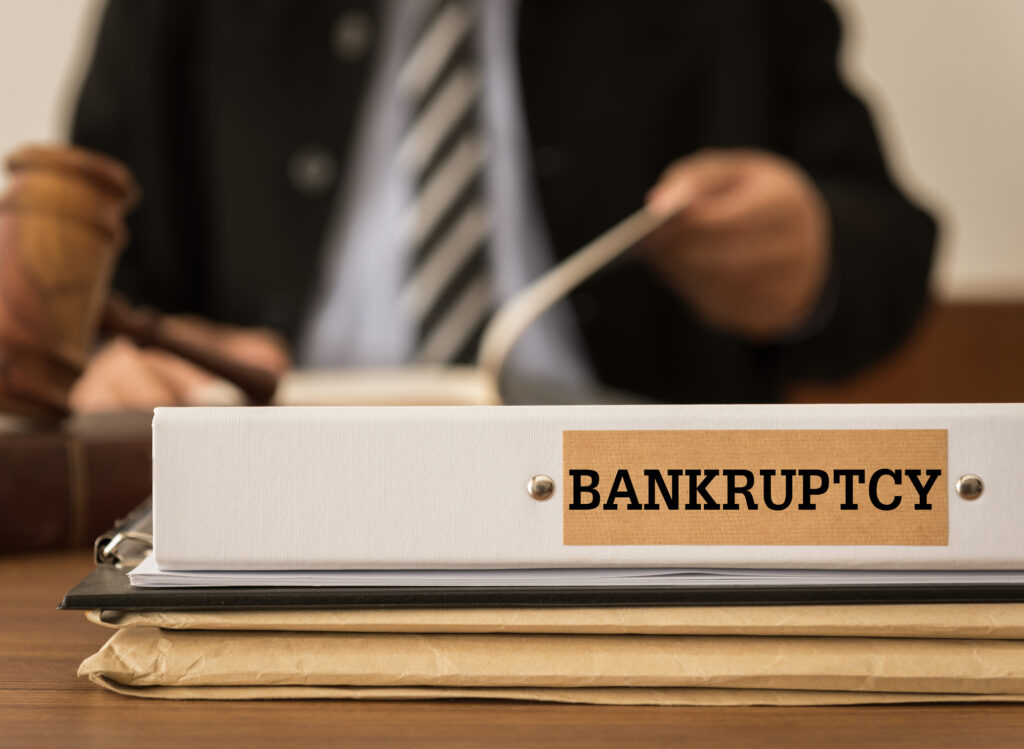
When it comes to managing overwhelming debts, individuals have a variety of options. Two popular choices are Chapter 13 bankruptcy and debt consolidation programs. Both can help individuals to repay their debts, but there are differences between them. Here we compare Chapter 13 bankruptcy and debt consolidation programs, highlighting the unique features of each option from a Chapter 13 bankruptcy attorney.
Proposed Chapter 13 Plan
A key feature of Chapter 13 bankruptcy is the plan itself. This plan outlines how the individual will repay their debts over a period of three to five years. The court must approve this plan, but it provides a clear roadmap for the individual to follow, and this cannot be changed by creditors once in place.
In contrast, debt consolidation programs do not typically involve a proposed plan. While the program may negotiate with creditors to reduce interest rates and waive fees, the individual is still responsible for making payments on time. There may be some flexibility in the payment schedule, but it is ultimately up to the individual to manage their debts.
Revoking Discharged Debt
In some cases, a debt discharge may be revoked even after the bankruptcy process is complete. This can happen if the individual committed fraud during the bankruptcy process failed to disclose all assets and debts, or otherwise violated the terms of the bankruptcy agreement.
If a debt discharge is revoked, the individual is once again responsible for repaying the discharged debts. It is important to understand the terms of the bankruptcy agreement and to comply with all requirements to avoid the possibility of a discharge revocation.
Automatic Stays From Collection
One of the most significant benefits of Chapter 13 bankruptcy is the automatic stay. This is a court order that immediately stops most creditors from attempting to collect debts. It can provide much-needed relief to individuals who are facing harassment from creditors.
Debt consolidation programs do not typically involve an automatic stay. While the program may negotiate with creditors to reduce interest rates and waive fees, the individual is still responsible for making payments on time. There may be some protection offered by state and federal laws, but it is not as comprehensive as the automatic stay provided by Chapter 13 bankruptcy.
Less to Pay Back
Debt consolidation programs aim to consolidate multiple debts into a single, more manageable payment. The program negotiates with creditors to reduce interest rates and waive late fees, allowing the individual to pay back less money over time. While this can provide relief, it is important to note that the individual is still responsible for repaying the full amount owed.
On the other hand, Chapter 13 bankruptcy allows individuals to discharge certain debts entirely. This means that they may only have to pay back a portion of what they owe, based on their income and expenses. This can result in significant savings, allowing the individual to get back on their feet more quickly.
More Flexibility to Build a Plan
Chapter 13 bankruptcy provides individuals with significant flexibility to build a plan that works for them. They can propose a plan that prioritizes certain debts, such as mortgage payments or car loans while reducing payments on others. This can allow individuals to maintain ownership of assets that might otherwise be lost in bankruptcy.
In contrast, debt consolidation programs do not typically provide as much flexibility. While the program may negotiate with creditors to reduce interest rates and waive fees, the individual is still responsible for making payments on time. There may be some ability to prioritize certain debts, but it is not as comprehensive as the flexibility provided by Chapter 13 bankruptcy.
The Allowed Dischargeable Debts
In Chapter 13 bankruptcy, certain debts are considered “dischargeable.” This means that the individual is not responsible for repaying them once the bankruptcy process is complete. Some common dischargeable debts include credit card debts, medical bills, personal loans, and utility bills.
However, it is important to note that not all debts are dischargeable in Chapter 13 bankruptcy. For example, certain taxes, student loans, and child support payments cannot be discharged. It is important to consult with a qualified bankruptcy attorney to understand which debts can be discharged and which cannot.
Debt Reaffirmation
In Chapter 13 bankruptcy, individuals may have the option to “reaffirm” certain debts. This means that they agree to continue making payments on the debt, even though it would otherwise be discharged in the bankruptcy process. This can be beneficial if the individual wants to maintain ownership of a particular asset, such as a car or home.
However, there are some issues to consider when reaffirming debts. If the individual falls behind on payments, they may be at risk of losing the asset in question. Additionally, reaffirmed debts are not dischargeable in the future, so the individual will remain responsible for repaying the debt even if their financial situation changes.
It is important to carefully consider the decision to reaffirm a debt and to consult with a qualified bankruptcy attorney before making this choice.
Contact the Law Offices of Robert S. Brandt to Request a Consultation with the Best Bankruptcy Attorney
If you are considering Chapter 13 bankruptcy or debt consolidation as a debt relief option, it is important to consult with a qualified Chapter 13 bankruptcy attorney who can guide you through the process and help you make informed decisions. At The Law Offices of Robert S. Brandt, we have the experience and expertise necessary to provide you with the guidance you need.
Don’t wait to get the help you need. Contact the Law Offices of Robert S. Brandt today to schedule a consultation with the best bankruptcy attorney. We are here to help you navigate the bankruptcy process and achieve financial stability.
